ana c. buena by Valeria Román Marroquín, translated from the Spanish by Noah Mazer, Cardboard House Press, 2024
In his manifesto of New Brazilian Cinema, “An Esthetic of Hunger,” filmmaker Glauber Rocha called for art that communicates the poverty and misery of Latin America, and that could contribute to liberating the region from the “debilitating delirium of hunger.” He wrote this in 1964, at a time of global upheaval when Latin American cultural circles began to grapple with the torment of those left behind by globalization. Sadly, today, sixty years later, Latin America remains one of the most economically unequal regions on Earth. Decades-long neoliberal developmentalism keeps failing at what it—allegedly—has set out to do: eradicating the entrenched social disparities of the region. Instead, inequality only intensifies. The World Inequality Database reports that in 2020, the top 10% of Latin America owned 77.6% of the region’s wealth, a 2% increase from the 75.6% reported in 2000. The trend of increasing inequality is not unique to Latin America, but it is particularly extreme there. In Europe, the top 1% share of wealth rose from 24.9% in 2000 to 25% in 2020, while in the United States it increased from 32.0% to 34.9% in 2020. Capitalism confirms—time and time again—the falsehood of its mythical self-conception as a system that bolsters the progressive enrichment of everyone. Responding to this context, different Latin American groups have, of course, questioned the region’s unequal social conditions, calling for justice and change. In 2011, thousands of Chilean students dressed up as zombies in massive protests against educational debt and the privatization of public universities. More recently, Latin American women have taken to the streets in yearly Women’s Strikes to demand the recognition of care work as unpaid labor and to protest rising femicide numbers. Their demands for justice and their achievements are sources of light in an otherwise darkening global political landscape, and literary communities have taken up the same fight. The book ana c. buena, a 2021 poetry collection by the Peruvian poet Valeria Román Marroquín, presents a critique of capitalism that highlights its disastrous impact on the daily lives of working women. Indeed, the book’s main figure—Ana C. Buena, a woman under precarious and insecure work conditions—also functions as an allegory of the countries wounded by historical colonialism, current neocolonialism, and insatiable global capital. READ MORE…



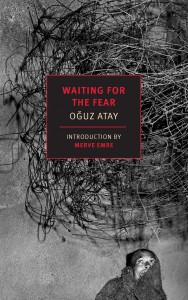


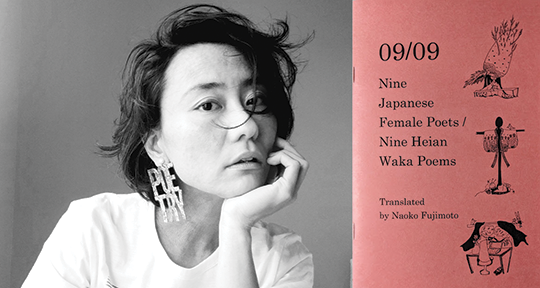
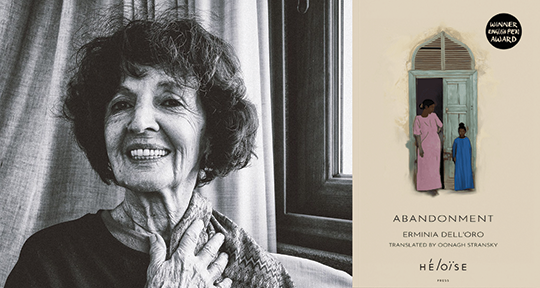

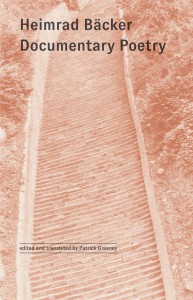
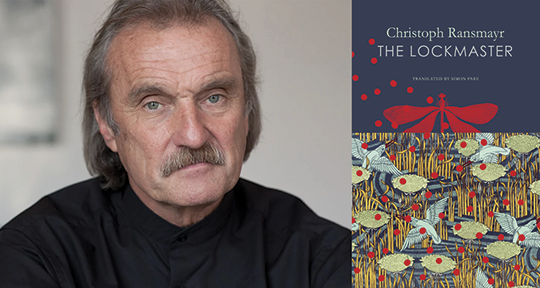
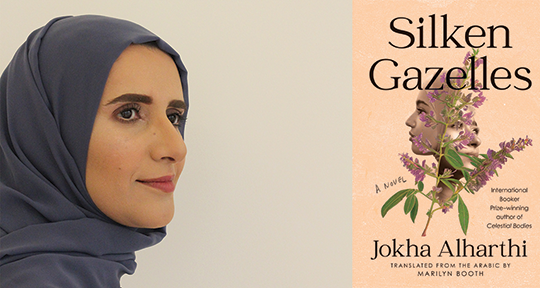
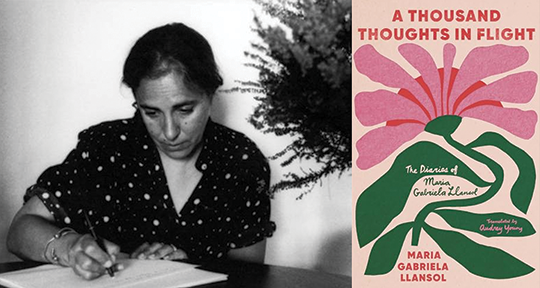

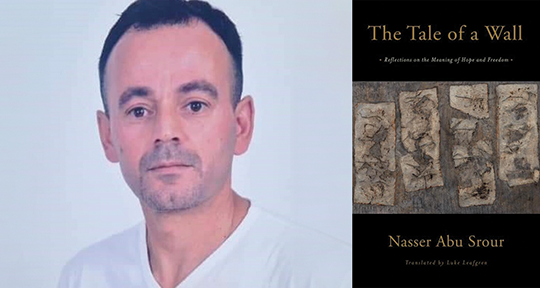
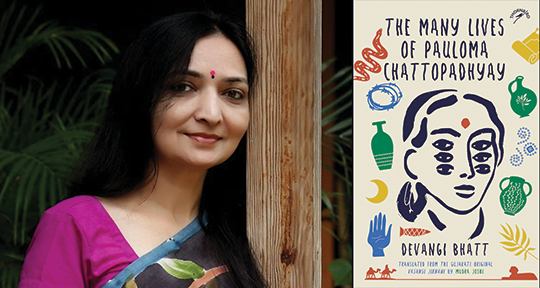
Announcing Our September Book Club Selection: A Long Walk From Gaza by Asmaa Alatawna
Alatawan’s novel is both personal and political; at its heart, it’s a story about freedom.
In Asmaa Alatawna’s mesmerizing and clear-sighted debut novel, A Long Walk from Gaza, the long journey of migration is revealed as a dense mosaic of innumerable moments—a gathering of the many steps one takes in growing up, in fighting back, and in learning the truths about one’s own life. From the Israeli occupation to the daily violences of womanhood, Alatawna’s story links our contemporary conflicts to the perpetual challenges of human society, tracking a mind as it steels itself against judgment and oppression, walking itself towards selfhood’s independent definitions. We are proud to present this title as our Book Club selection for the month of September; as Palestine remains under assault, A Long Walk from Gaza stands as a powerful narrative that resists the dehumanizing rhetoric of war.
The Asymptote Book Club aspires to bring the best in translated fiction every month to readers around the world. You can sign up to receive next month’s selection on our website for as little as USD20 per book; once you’re a member, join our Facebook group for exclusive book club discussions and receive invitations to our members-only Zoom interviews with the author or the translator of each title.
A Long Walk From Gaza by Asmaa Alatawna, translated from the Arabic by Caline Nasrallah and Michelle Hartman, Interlink Publishing, 2024
There are some books that grab you from the very first line and hold your attention tight, right through every single word to the end; even once you’ve finished reading them, they keep delivering with their exquisite phrasings and stunning imagery, their deft, original storytelling. Asmaa Alatawna’s A Long Walk from Gaza, co-translated by Caline Nasrallah and Michelle Hartman, is one such novel. Through her enthralling and thoughtful prose, Alatawna unfolds idea after idea, fact after fact, emotion after emotion, recounting a tumultuous upbringing and journey that moves with both personal and universal resonance.
A Long Walk from Gaza is Alatawna’s debut in both Arabic and English—a semi-fictionalized, coming-of-age novel. Originally published in 2019 as Sura Mafquda, it explores the struggles of a teenage Gazan girl as she rebels against her surroundings, both at home and at school, and her heartbreak as she leaves Gaza for a new life in Europe. Her escape doesn’t resolve her problems but instead introduces new challenges, revealing the persistent, ongoing internal conflict of exile. While portraying life and a childhood under Israeli occupation and oppression, Alatawna also takes an incisive, knowing look at the patriarchal system of her own people. READ MORE…
Contributor:- Ibrahim Fawzy
; Language: - Arabic
; Place: - Palestine
; Writer: - Asmaa Alatawna
; Tags: - exile
, - feminism
, - Interlink Publishing
, - liberation
, - migration
, - occupation
, - social commentary
, - War
, - Women Writers